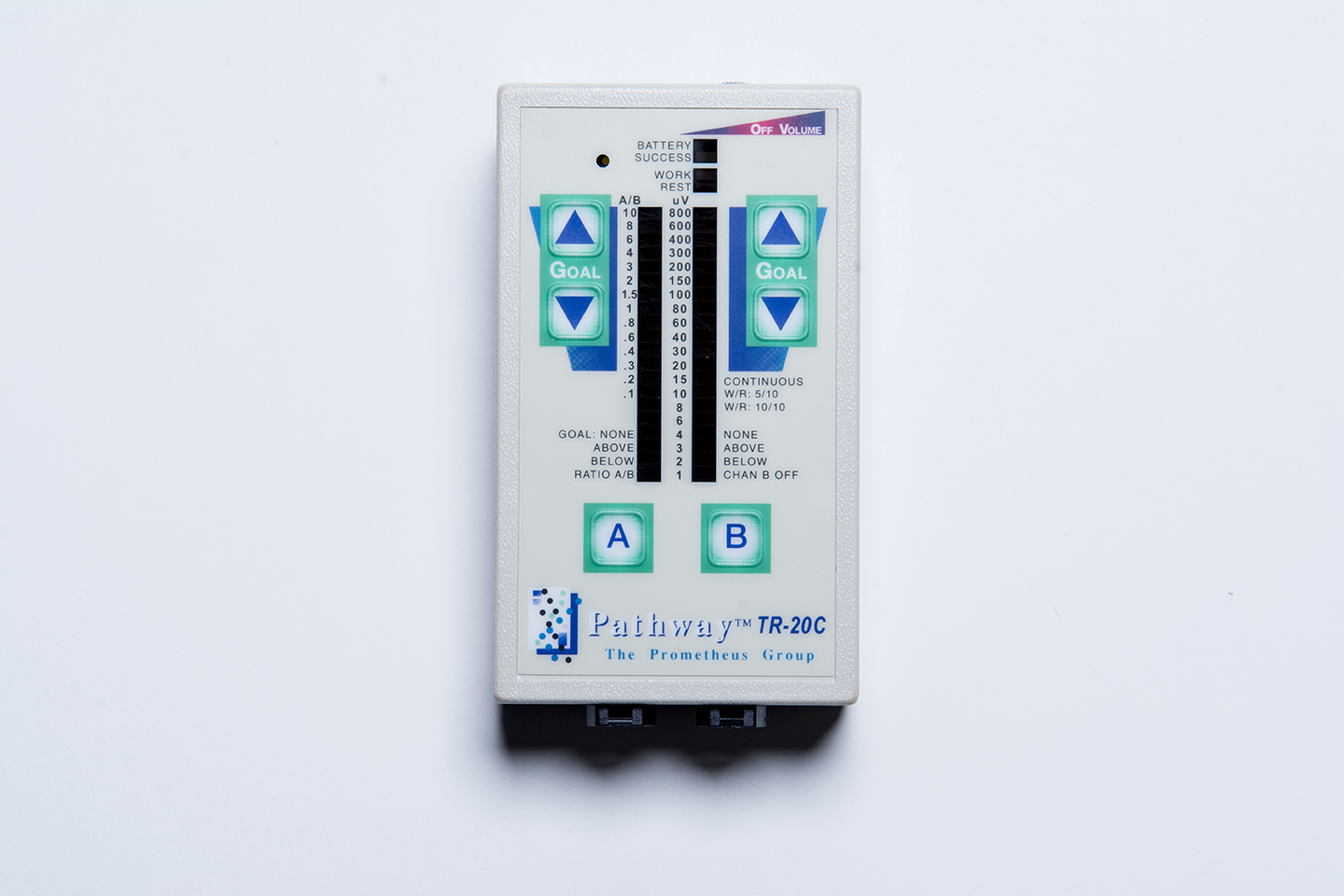Unlocking the Mysteries of the Mind Through Quantitative EEG Cerebral Mapping in Mental Wellness Evaluation
Unlocking the Mysteries of the Mind Through Quantitative EEG Cerebral Mapping in Mental Wellness Evaluation
Blog Article
Comprehending the individual brain is a complex task, particularly when it pertains to psychological health. Conventional approaches of evaluation frequently rely on conversations and surveys, which can sometimes miss crucial aspects about how the mind operates. This is where qEEG electroencephalography, or qEEG, enters into the picture. qEEG is a specialized technique that measures electrical activity in the cerebrum. By examining these neural patterns, psychological health professionals can obtain valuable understandings into a individual's psychological state, helping to improve diagnosis and treatment.
qEEG functions by placing small electrodes on the head to capture brain signals. These sensors measure neural signals produced by neurons, the cells in the brain that communicate with each other. The data gathered is then analyzed and displayed as a series of waveforms. Each type of brainwave—such as α, β, δ, and θ—corresponds to various psychological states and activities. For instance, alpha oscillations are commonly linked with relaxation, while beta oscillations are linked to engaged thinking and problem-solving. By analyzing these trends, clinicians can detect abnormalities that may indicate psychological health concerns.
One of the significant benefits of qEEG is its capability to provide objective data. In contrast to conventional evaluations that rely on personal accounts from clients, qEEG offers a clear picture of neural activity. This clarity can assist reduce biases in diagnosis and lead to more precise intervention plans. For instance, if a patient is experiencing stress, qEEG can show particular trends of brain activity that are associated with stress disorders. This data enables mental health professionals to tailor interventions more efficiently, whether it be through counseling, pharmaceuticals, or alternative treatments.
Moreover, qEEG can be particularly useful in monitoring treatment advancement. By performing qEEG evaluations at various stages during treatment, clinicians can track changes in brain activity over time. This ongoing evaluation assists ascertain whether a treatment is effective or if adjustments are needed. For example, if a patient is not responding to a specific treatment, qEEG may indicate see that their neural function has not altered in a way that indicates improvement. This feedback loop can lead to more personalized and efficient psychological health care.
In summary, qEEG cerebral mapping is a potent instrument in the domain of mental health assessment. By offering unbiased information about neural function, it improves the comprehension of different psychological health disorders. This method not only assists in precise assessment but also helps in tracking intervention effectiveness. As mental health professionals persist to investigate the capabilities of qEEG, it possesses potential for enhancing the well-being of people dealing with psychological health issues. With continuous research and progress in techniques, the secrets of the brain may turn more apparent, resulting to better results for those in need of support.